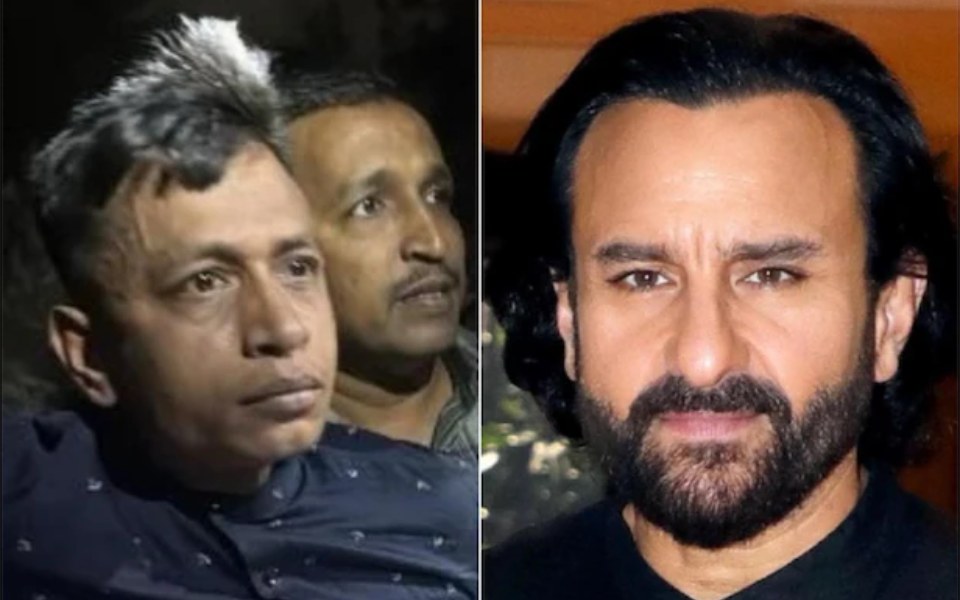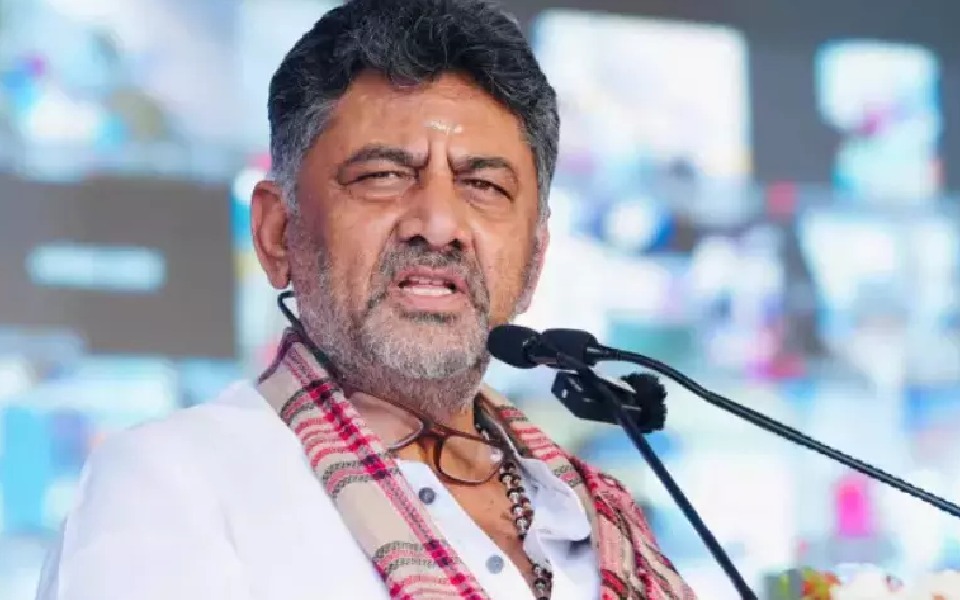Alappuzha/Kottayam: Culling of chickens and ducks began on Tuesday in parts of two districts in Kerala to contain H5N8 strain of bird flu there, official sources said.
Rapid response teams, set up by the administration, began culling ducks, hens and other domestic birds in and around a one km radius of the affected areas in Alappuzha and Kottayam districts on Tuesday morning as per the guidelines issued by the government, they said.
The operation was launched a day after results of the samples tested at the National Institute of High Security Animal Diseases in Bhopal confirmed the outbreak of the bird flu in the two districts.
Alappuzha district authorities said culling of birds in four panchayats of Nedumudi, Thakazhy, Pallippad and Karuvatta in Kuttanad region, where the outbreak has been reported, was expected to be completed by Wednesday evening.
In Karuvatta panchayat alone, around 12,000 birds will be culled, an official said.
In the affected areas of Neendoor panchayat in Kottayam district, the rapid response teams have culled some 3,000 birds so far, authorities said.
Around 1,700 ducks had died in a farm in Neendoor due to the viral infection.
Officials have said around 40,000 domestic birds, including 34,000 in Kuttanad region alone, will be culled to check the spread of the H5N8 virus.
Although the situation has been brought under control, authorities have sounded a high alert in the districts, considering the potential of the virus to infect humans.
The Alappuzha District Collector has banned the use and trade of meat, eggs and waste of domestic birds, including ducks and chicken, in Kuttanad and Karthikappalli Taluks, officials said.
Let the Truth be known. If you read VB and like VB, please be a VB Supporter and Help us deliver the Truth to one and all.
Mumbai, Jul 25 (PTI): Police have opposed the bail plea of the Bangladeshi national arrested for allegedly stabbing Bollywood actor Saif Ali Khan with a knife and injuring him at his home here in January this year, telling a Mumbai court there was "strong evidence" against the accused.
Citing a Forensic Science Laboratory report, police reiterated before the sessions court their earlier claim knife fragments that got lodged near the actor's spine during the attack as well as a part found at the crime spot have matched with the weapon recovered from the accused, Shariful Islam.
These three pieces were part of the same weapon (knife) used to attack the filmstar, the police said in a written response to the accused's plea submitted in the court on Thursday (July 24).
Khan was repeatedly stabbed with a knife by an intruder inside his 12th floor apartment in upscale Bandra on January 16 during a robbery attempt.
The 54-year-old actor underwent surgery at Lilavati Hospital to remove a piece of knife that got lodged near his spine during the attack. He was discharged from the private hospital after five days.
Shariful Islam, a Bangladeshi national, was arrested two days later for allegedly stabbing Khan.
The police, in their response, highlighted that the accused is a Bangladeshi citizen residing illegally in India.
If granted bail, there was a possibility that he may flee India and not appear before the court during the trial. The crime committed by the accused is of a "very serious nature, and strong evidence" is available against him, they argued.
In his bail plea, filed through advocate Vipul Dushing, the accused asserted he was innocent and had no prior criminal record.
Investigation into the case has practically concluded with only the filing of a chargesheet pending, the accused contended while seeking bail.
The alleged attacker has been booked under Bharatiya Nyaya Sanhita (BNS) sections related to house trespass, robbery and dacoity with attempt to cause death or grievous injury.





